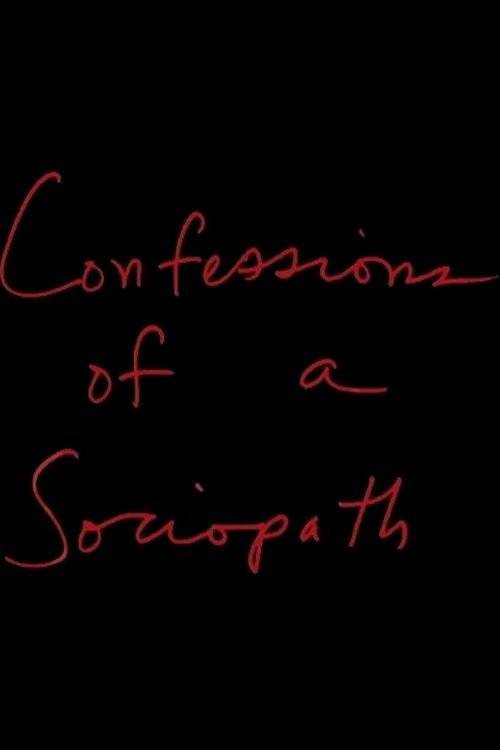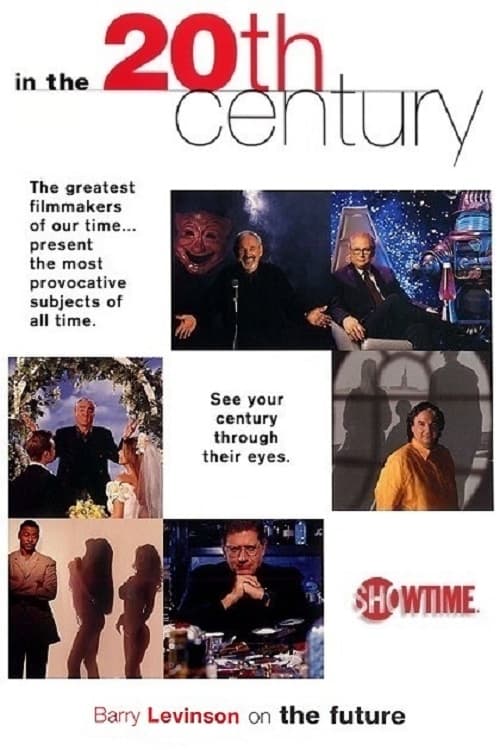

Spalding Gray (June 5, 1941 – January 11, 2004) was an American actor, novelist, playwright, screenwriter and performance artist. He is best known for the autobiographical monologues that he wrote and performed for the theater in the 1980s and 1990s, as well as for his film adaptations of these works, beginning in 1987. He wrote and starred in several, working with different directors. Theater critics John Willis and Ben Hodges called Gray's monologues "trenchant, personal narratives delivered on sparse, unadorned sets with a dry, WASP, quiet mania." Gray achieved renown for his monologue Swimming to Cambodia, which he adapted as a 1987 film in which he starred; it was directed by Jonathan Demme. Other of his monologues that he adapted for film were Monster in a Box (1991), directed by Nick Broomfield, and Gray's Anatomy (1996), directed by Steven Soderbergh. Gray died by suicide at the age of 62 after jumping into New York Harbor on January 11, 2004. He had been struggling with depression and severe injuries following a car accident. Soderbergh made a documentary film about Gray's life, And Everything Is Going Fine (2010). An unfinished monologue and a selection from his journals were published in 2005 and 2011, respectively. Description above from the Wikipedia article Spalding Gray, licensed under CC-BY-SA, full list of contributors on Wikipedia.

Confessions of a Sociopath is an autobiographical film on digital...

Showtime's "In the 20th Century" is a millennium-related series of...